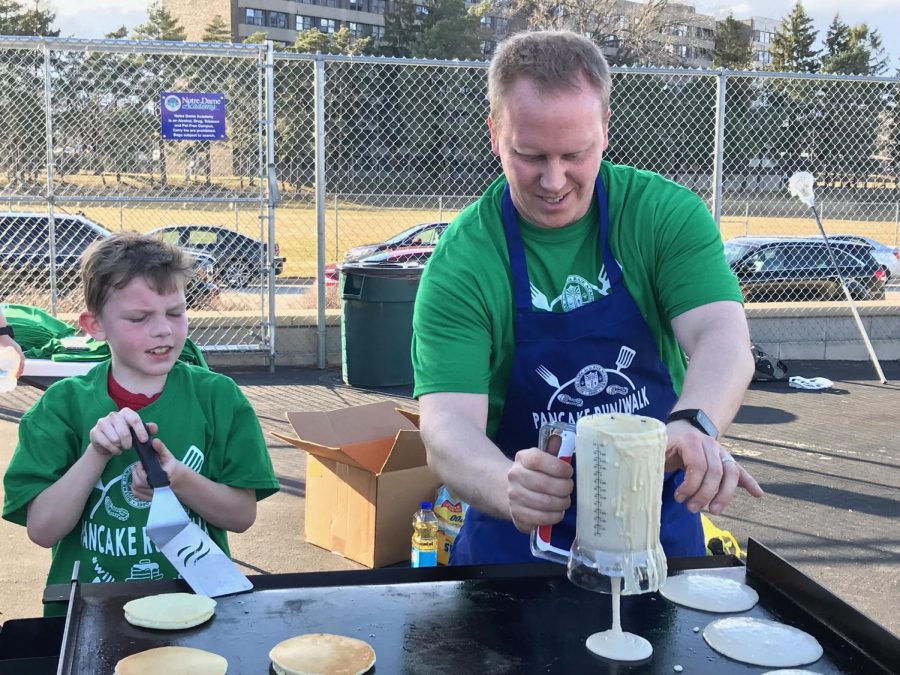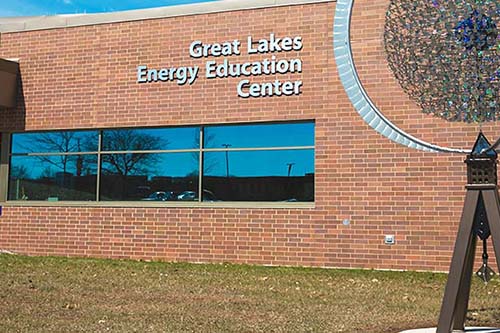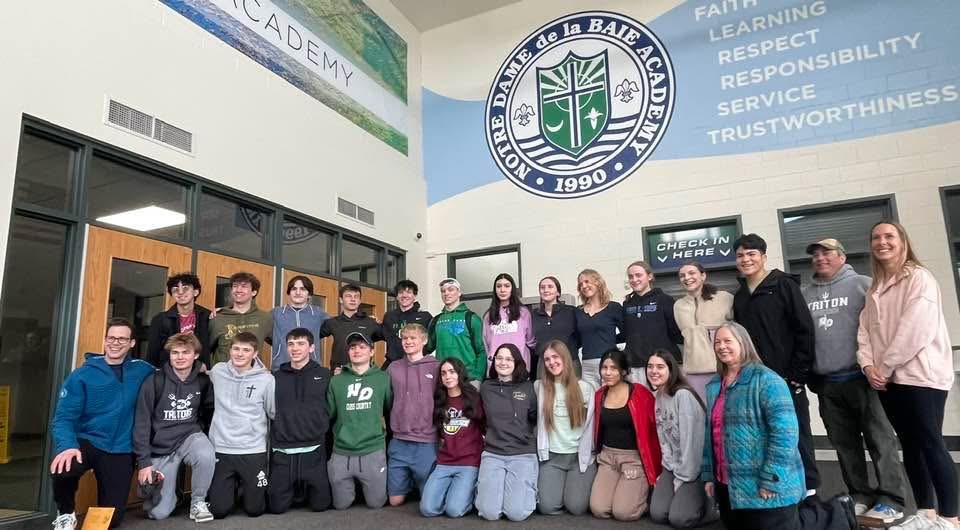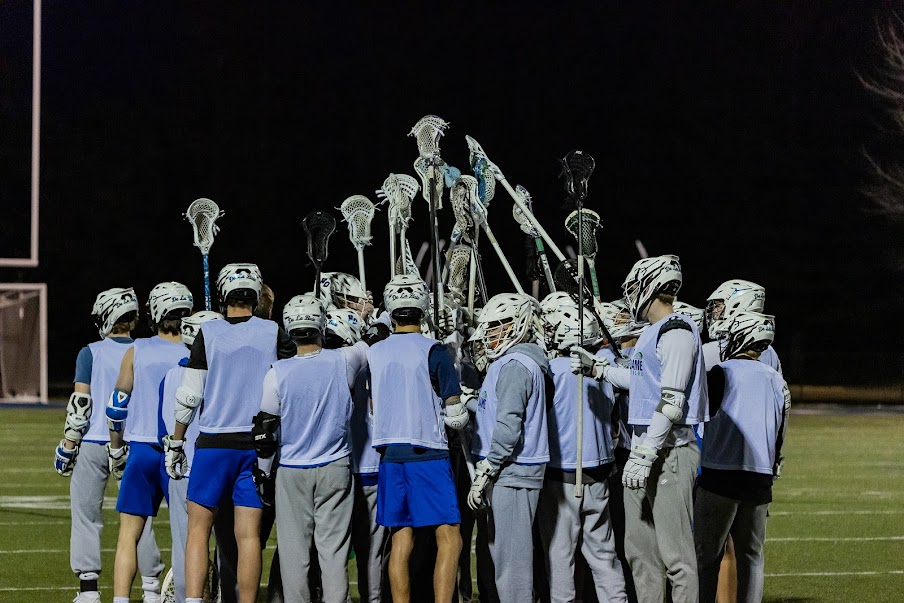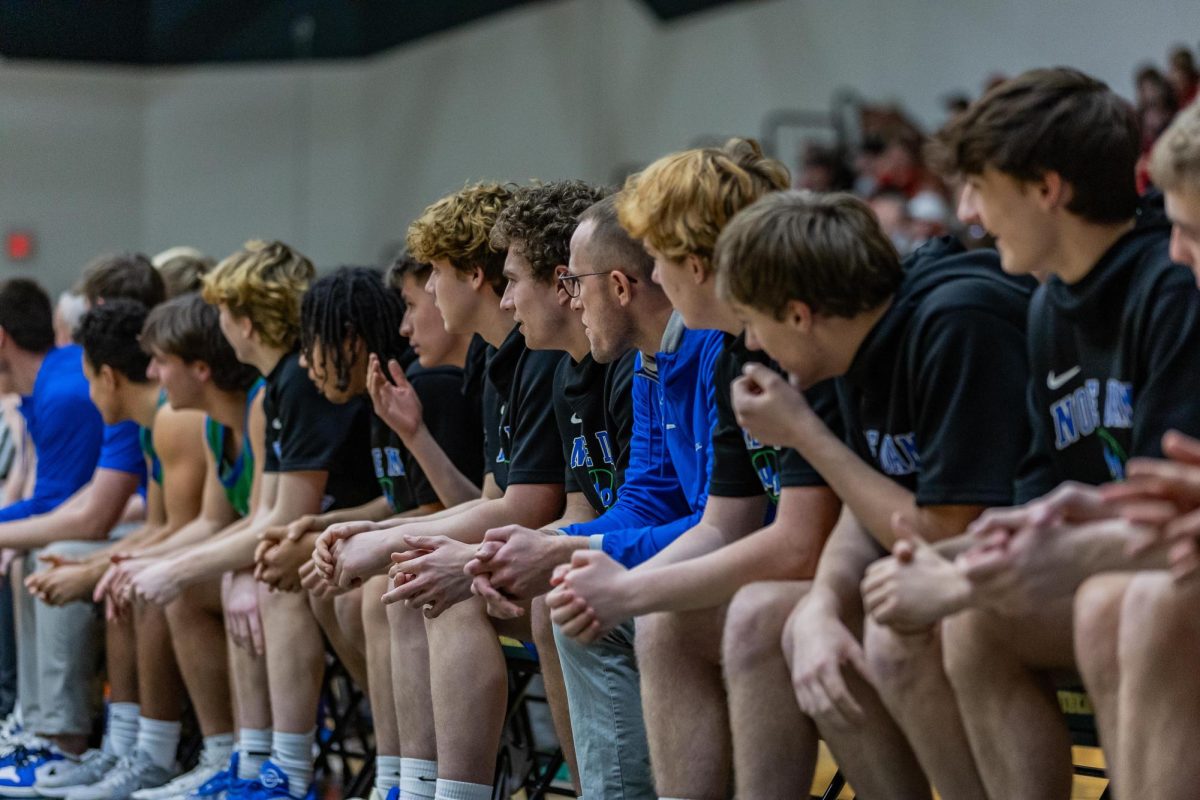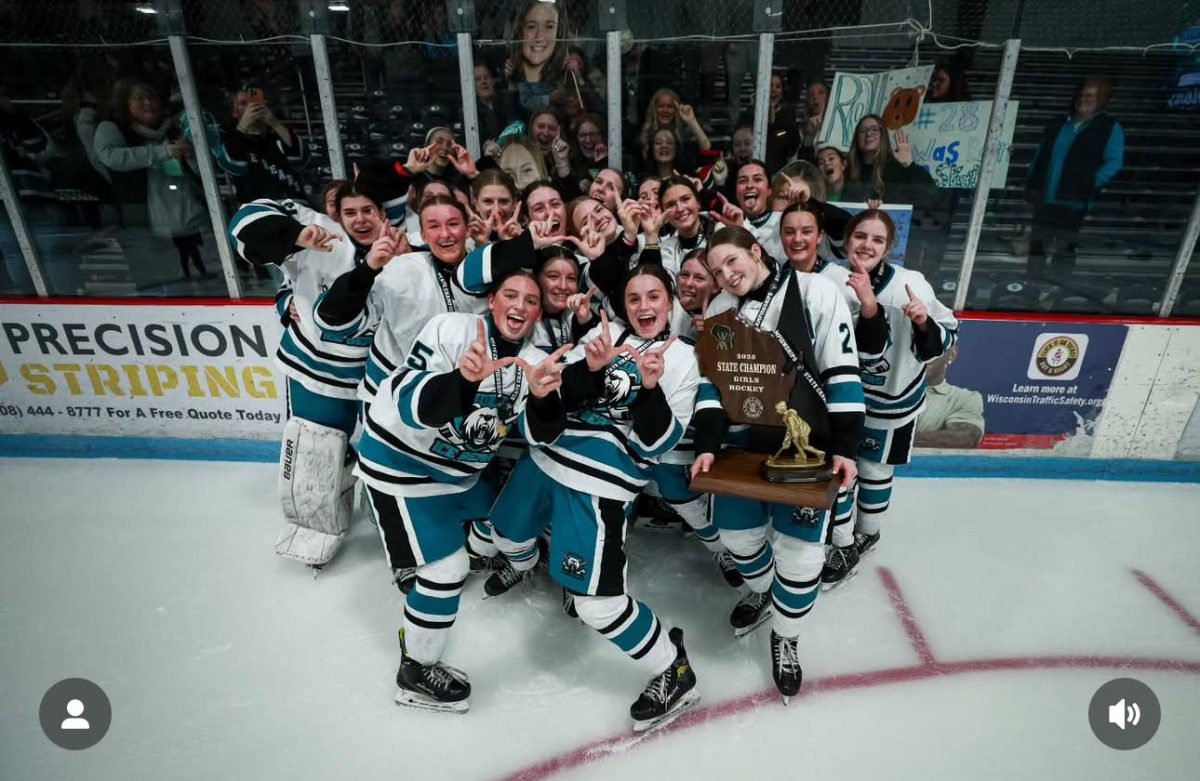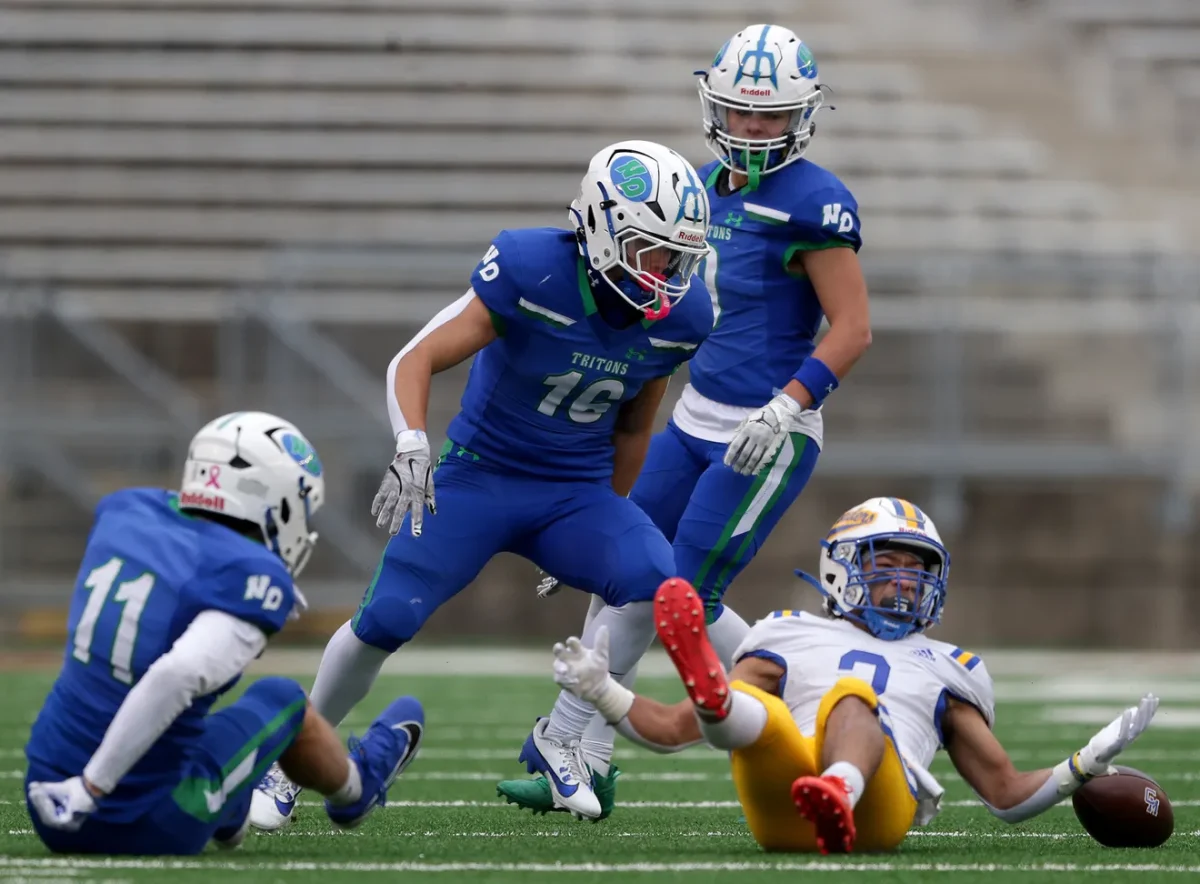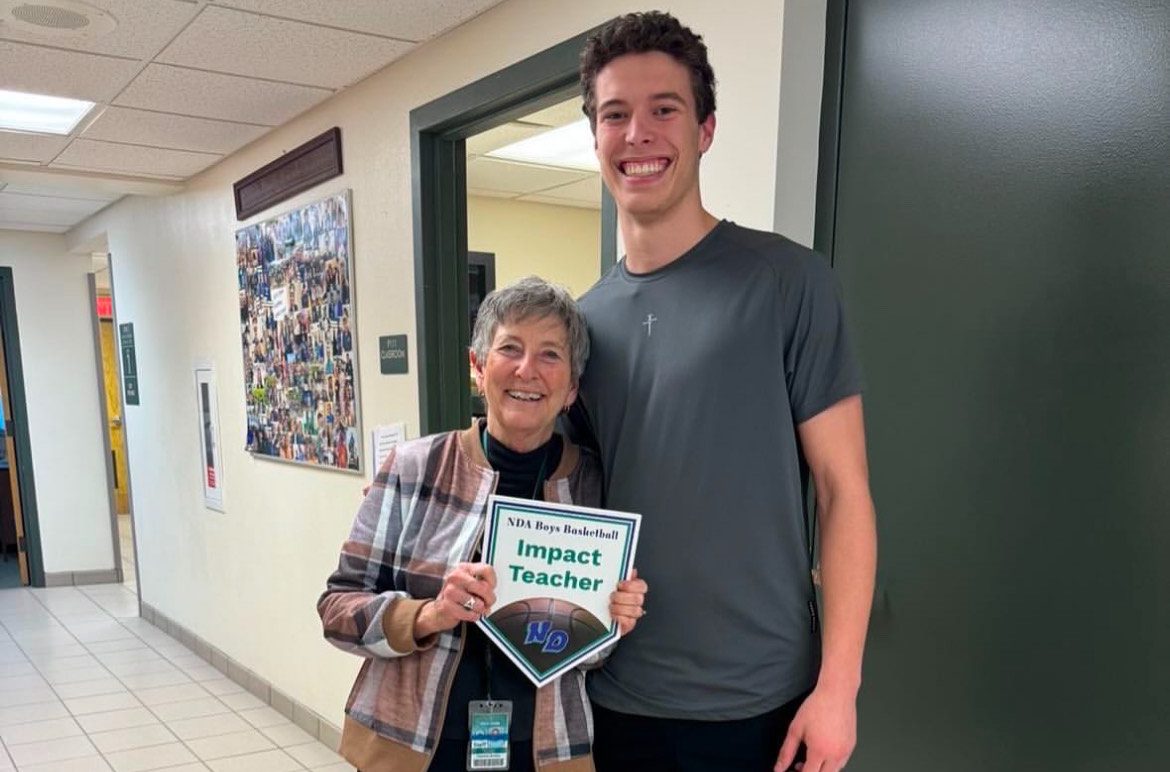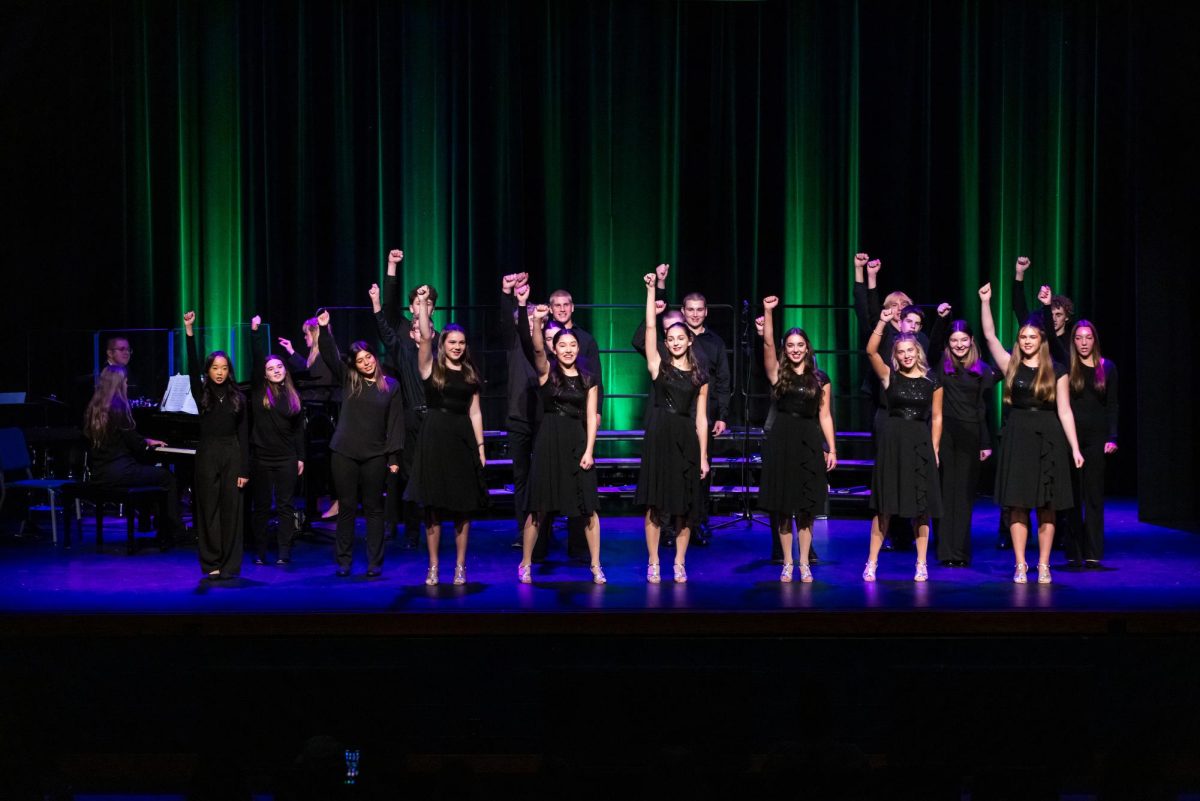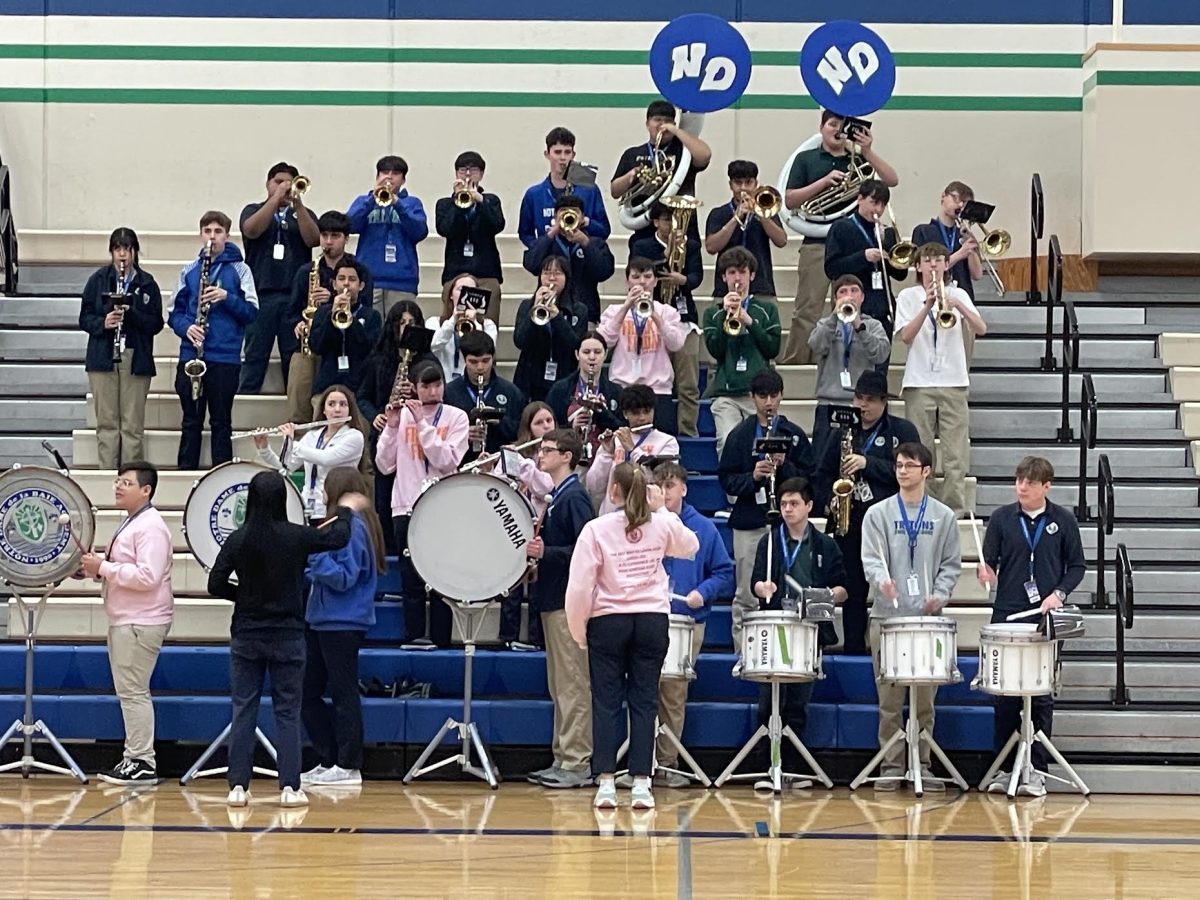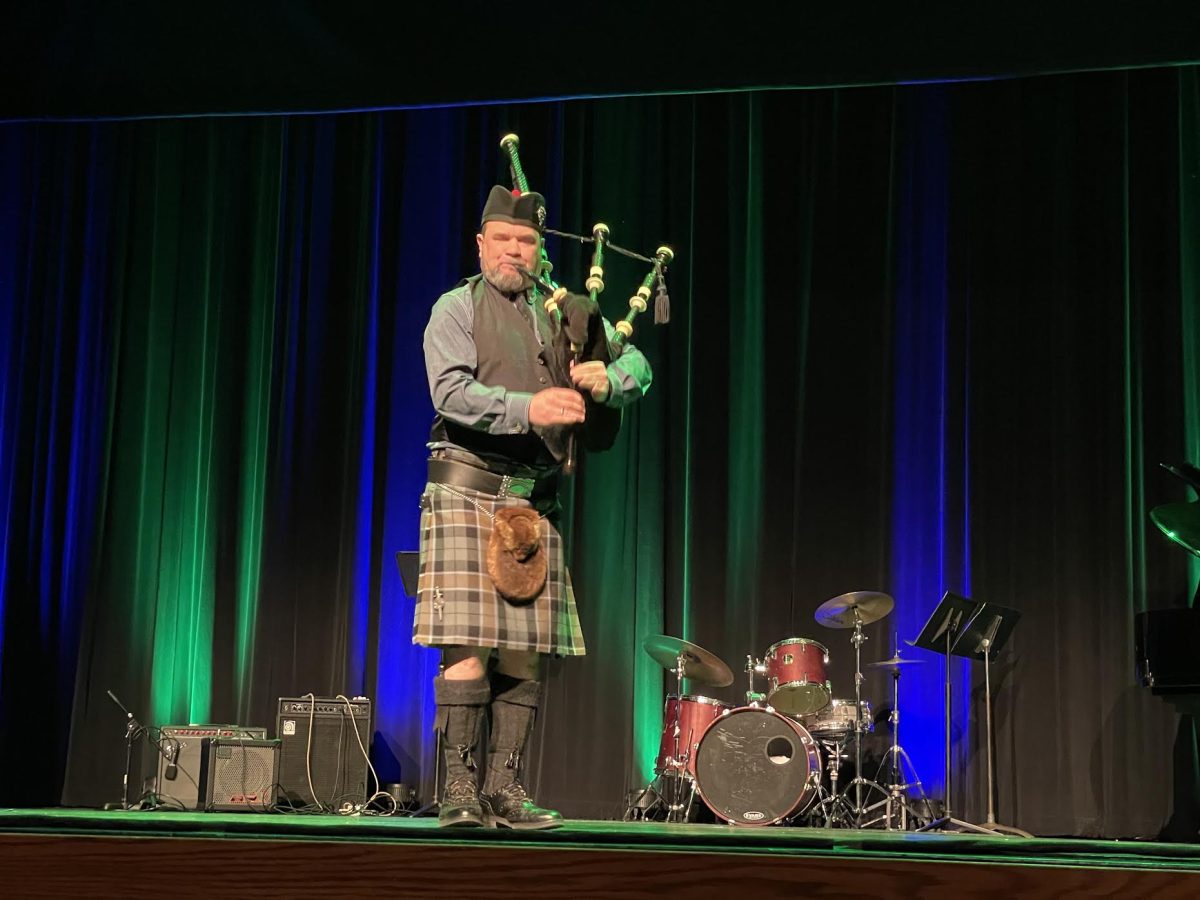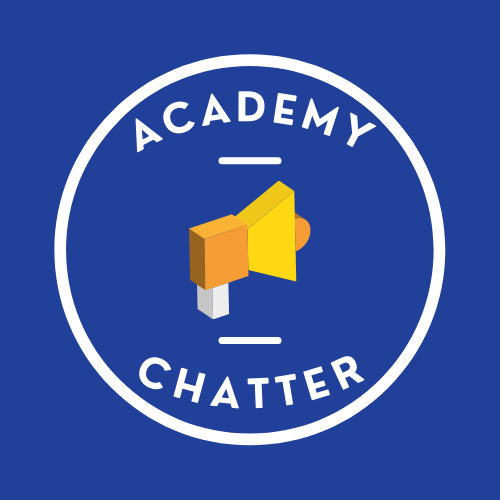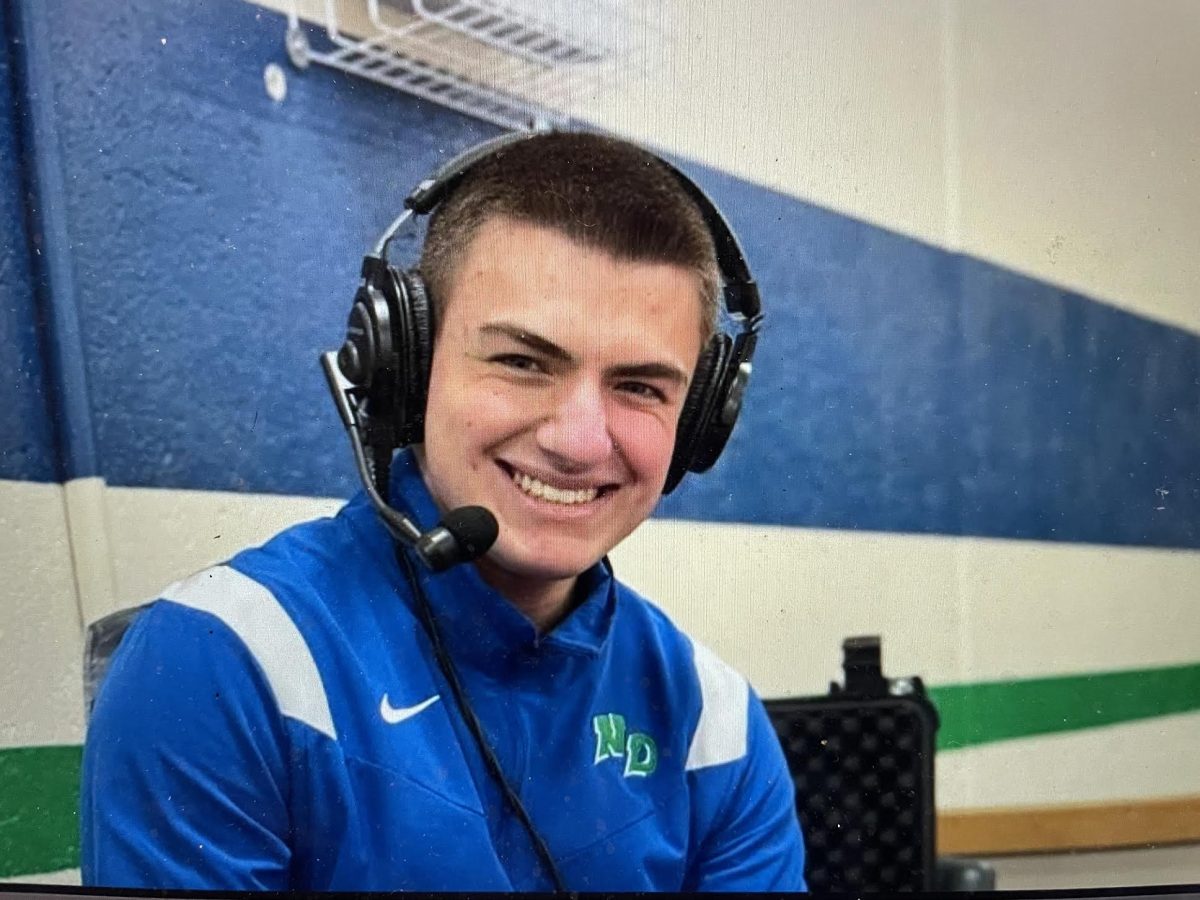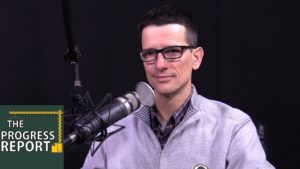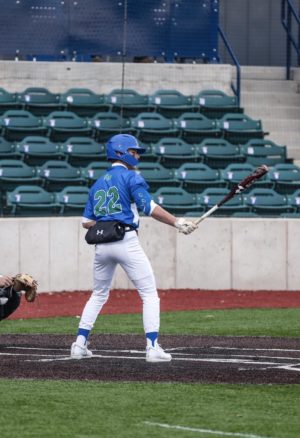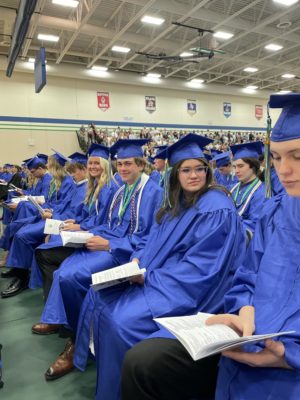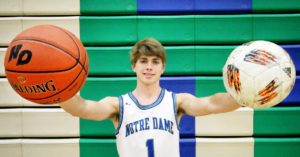Math Team: Lovers and Learners of Math
February 9, 2020
Of the various clubs and teams at Notre Dame, few go as unmentioned as the Math Team. Run by Mr. Bryan Konshak, the NDA Math Team is not the most exciting, nor active club. However, the group provides a valuable community to all lovers and learners of math.
“Math team is just a place for students to come together,” said Konshak. The group meets just once a month, competing at various meets around the Green Bay Metro area.
“We have so much involvement of the students that it’s hard to find a common time to say, ‘Let’s sit down and just practice this’,” explained the coach. “It seems like no matter what I do, somebody or not everybody can meet.”
“For me, I just say, ‘Hey, I’ll take anybody who wants to compete, who wants to test themselves. Let’s just have fun with it’,” he said. “ You get your water, you get your cookies at the end, meet some new people, and find out that there’s a whole bunch of people who get excited about math.”
As for the size of that ‘bunch,’ it can vary from year to year, even from meet to meet. “Last meet we did not have a very full team, but we did not come in last, so that was kind of nice,” Konshak reflected. “I’m hoping to get a couple more students. I generally bring anywhere between 8 to 15 kids”
“We don’t have kids scoring super high this year, but I would think of it as more of a rebuild year,” he said. “We try and get kids in the door, number one. Once I get them in the door, they start to realize that some of these questions repeat themselves, just different variations. Then they maybe become more comfortable with it and bring a couple more friends.”
“Hopefully we’ll start to do a little better in the next year or so,” he said.
For any interested readers, commitment to the Math Team is fairly limited. According to Konshak, “The involvement is really just your five meets, give or take two hours or so of time.”
Each meet consists of four individual rounds with four questions each, followed by a team round in which you and your entire group take on six questions. These challenges take place in classrooms throughout the host school, which according to Konshak, are the place to be.
“You hand these tests out and they jump in because you’ve only got 15 minutes to do those four questions,” he reminisced. “They’re working for those full 15 minutes, trying, trying, trying, and as soon as you say ‘Time’s up, pass ‘em forward,’ they all turn to each other like ‘What’d you get? What’d you put down? Ohhh I forgot the negative. What? You can do that??’”
“It’s one of those things where you don’t always see it in the classroom, where the people who are doing the math want to know how to get the answer,” said the teacher. “I think some of it is that gamification. The way I run it, it’s not competitive, as in you don’t have to tell anybody else your score. There are no real consequences; there’s no grade attached to it. It’s really people there for the enjoyment of math.”
“Math is open to everyone,” he explained. “Everyone’s going to come in at a different level. You don’t have to be the best, but if you come in and make continual improvements and have a positive outlook, this is fun.”
“You’re gonna find out that when you get there, there are all walks of people there,” said the coach. “People who you think are the athletic people are getting awards for the night because they got the top scores. There are people who you think are more ‘nerdy-looking’ who will score really high or score really low.”
“Even the people who are in the upper-level math classes struggle with some of the math context,” Konshak assured. “You may have to form a line equation. They haven’t done that in two years, but hey, you just did that last week!”
“Everybody is on an even playing field,” he said. “So, give it a try.”



